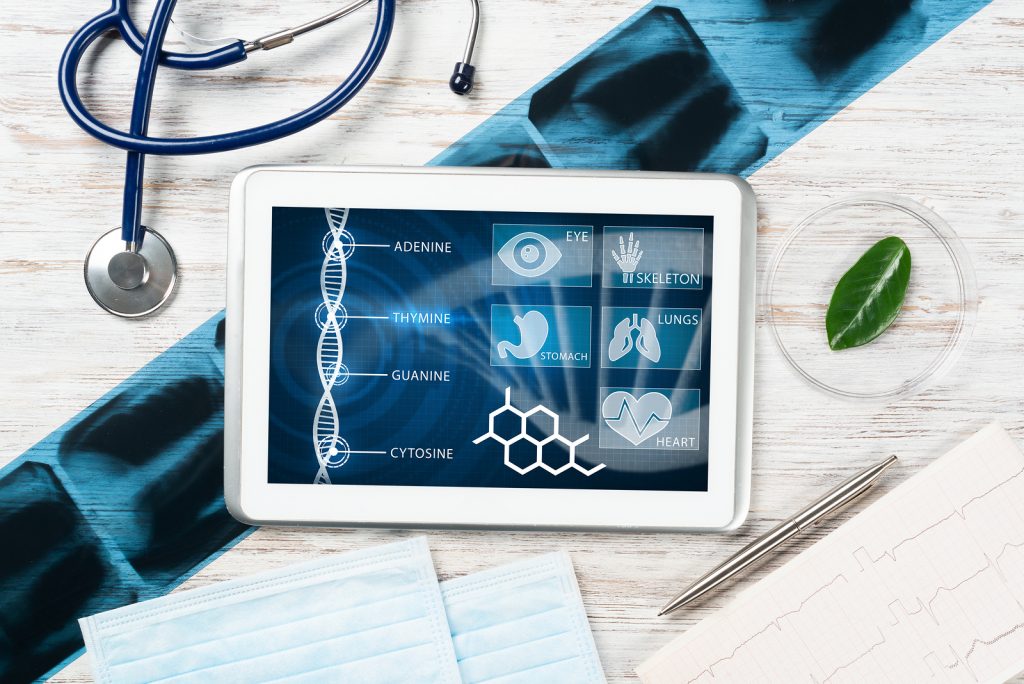Healthcare technology is developing rapidly. There are an increasing number of devices in use within hospitals and other care settings that have a significant positive impact on patient care and health.
Pharmafield recently shared the findings of a survey by STADA Arzneimittel AG, which revealed that more than half of the European population is willing to use health-related technology and that they are optimistic about the future of the health sector.
One of the main ways in which technology is changing healthcare is in terms of the volume of data it’s able to collect and analyse.
Futurologist and director of 2b Ahead Think Tank in Germany Sven Gabor Janszky told the news provider people are increasingly aware that our bodies are different and a one-size-fits-all approach to medicine isn’t always appropriate.
“Digitalisation makes body data measurable in real time, as well as emotions, brain waves and other indicators we hitherto considered immeasurable,” he asserted.
“It also means that everything that can be measured can be predicted, and everything that can be predicted can be optimised,” Mr Janszky added.
Writing for Digital Health recently, consultant in emergency medicine and director at EMIS Health, Haidar Samiei talked about how far healthcare technology has come in the past 20 years.
He noted that processes have already been streamlined by the introduction of technology, and this is only likely to continue with the growth of artificial intelligence (AI).
Dr Samiei also suggested that machines could carry out basic diagnostic tests, such as urine analysis, which is the second most common diagnostic test in the UK. Once the machine has screened a sample and filtered the results, these could be checked by a human, he suggested.
Need medical device testing at your hospital? Get in touch with us about our services.

